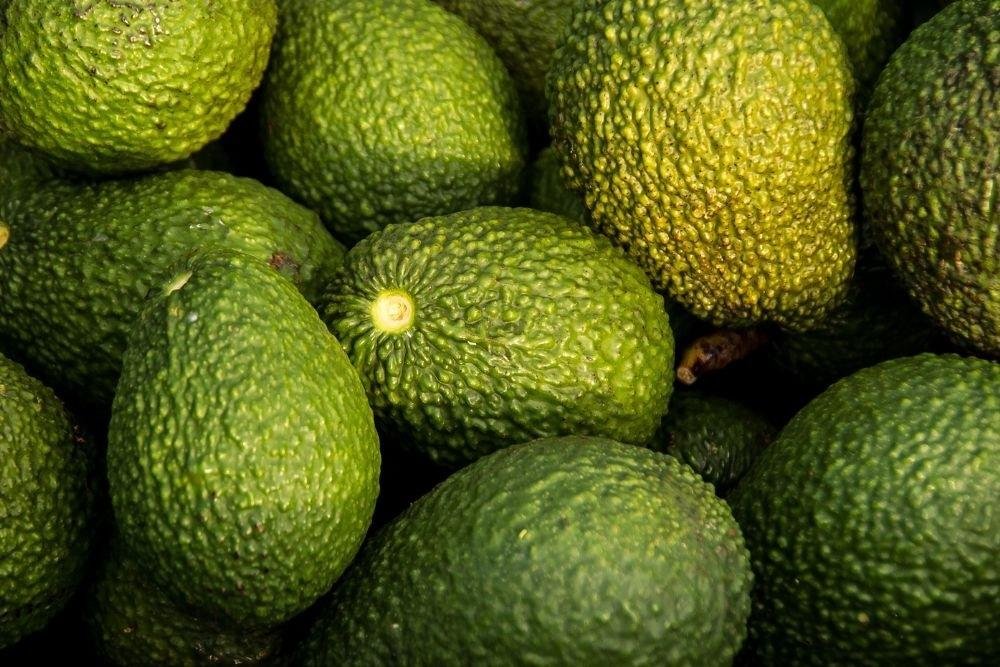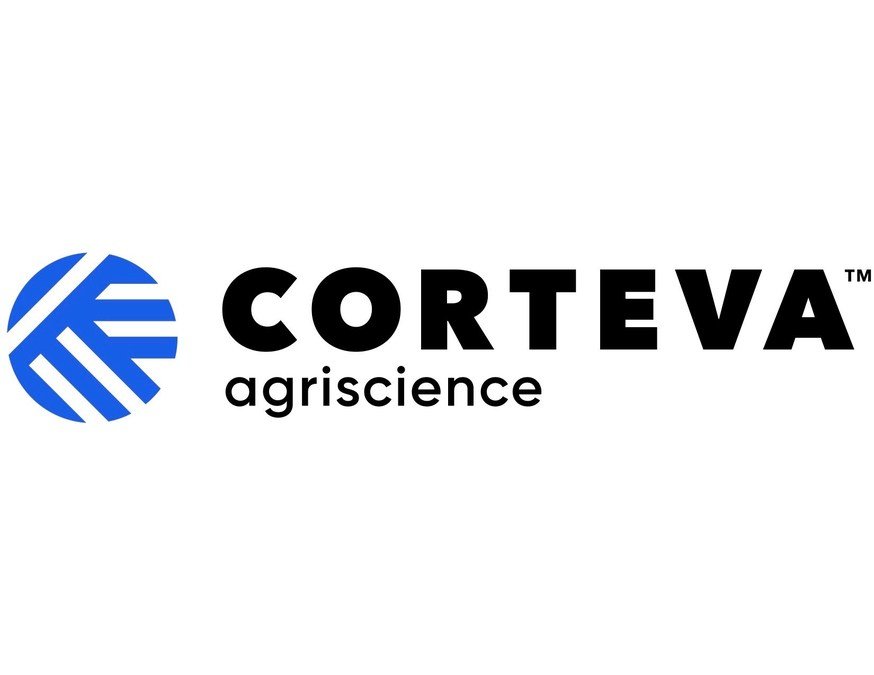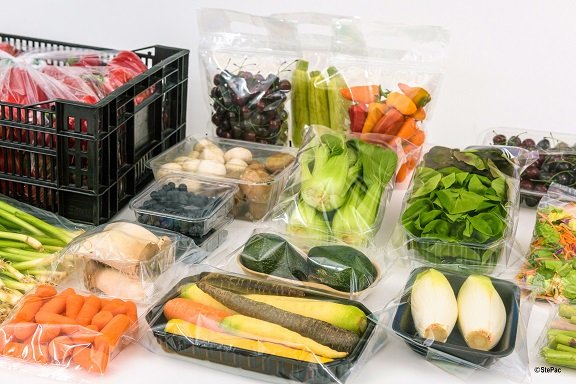Govt devising model for development of the agriculture sector under the PPP mode: Union Agri Secretary
Agriculture sector is growing at a fast pace, and we need to have frameworks to strengthen the eco-system in the agriculture sector.
“The government is devising a model for development of the agriculture sector under the PPP mode. It will allow the private sector to work with the government for the benefit of the farmers. Due to the increasing demand coming in the maize sector in coming years, we would require a quantum jump in our production to the level of 40-45 million tons in the next 4-5 years. We also need to systematically understand the wastage and losses in the entire value chain and solve it,” said Manoj Ahuja, Secretary, Department of Agriculture and Farmers Welfare, Govt of India. Ahuja was addressing the 9th edition of ‘India Maize Summit 2023’, organized by FICCI in New Delhi.
Ahuja also emphasized that agriculture sector is growing at a fast pace, and we need to have frameworks to strengthen the eco-system in the agriculture sector. We need to have workable frameworks in which we can work together in a collaborative and easy manner. It will bring more ease of doing business, certainty, clarity and transparency while working with the government,” he added.
Abdul Sattar, Minister of Agriculture, Govt of Maharashtra said that Maharashtra government is committed to support the industry coming forward to support the welfare of farmers and agricultural sector. “The state government will provide all necessary support to the industry along with providing financial support and connecting with the farmers. Through this process we can also increase farmers income by increasing the maize production,” he stated.
The Minister further added that Maize is a safe and secure crop since it is less perishable as compared to other crops. “We must work to motivate farmers to move towards maize production,” he emphasized. Sattar also highlighted the need to work together to create a system for maize storage and stocking. The role of industry, government and other agencies will be key in this, he noted.
Mr TR Kesavan, Chairman, FICCI National Agriculture Committee & Group President, TAFE said that we must look at establishing Centre of Excellence for mechanization in agriculture sector which will be crucial for India.
Anuja Kadian, Government & Industry Affairs Director, Asia Pacific, Corteva Agriscience said that a sustainable roadmap to strengthen maize value chain needs a holistic approach and is need of the hour. Adoption of new seed technologies by farmers will take Indian maize to next level. She also highlighted that multi-stakeholder approach with the coming together of policymakers, research institutions and the private sector to develop strong foundation to meet future demand of maize is imperative.
Sunjay Vuppuluri, Head-Food & Agribusiness Strategic Advisory & Research segment, YES BANK shared the insights on FICCI- YES BANK knowledge report. He highlighted that for India to meet the growing demand for maize and remain competitive in the global market, it is essential to promote innovative technologies and practices across the maize ecosystem.
Agriculture sector is growing at a fast














